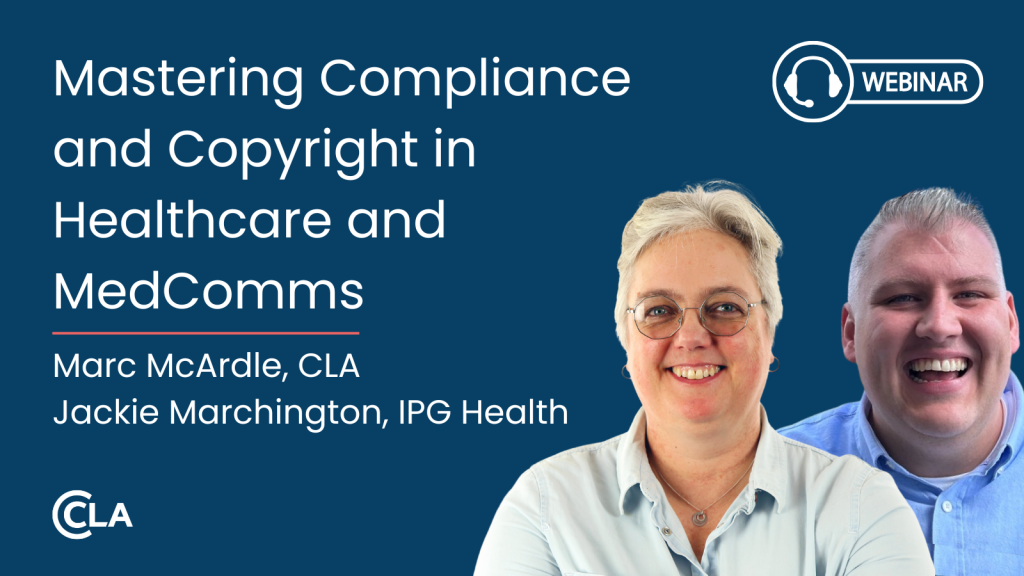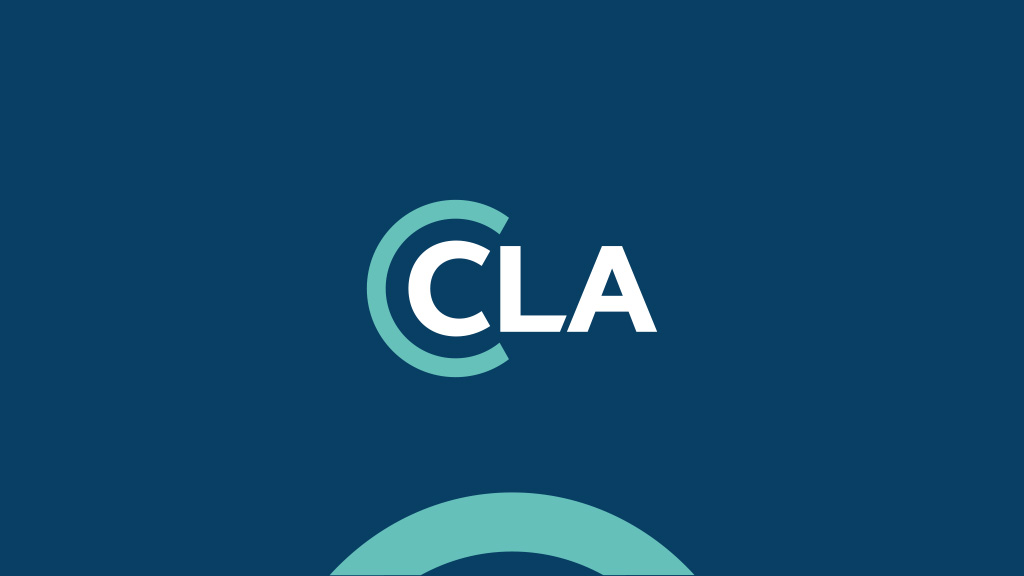| cla_customer |
https://cla.co.uk/ |
Session |
This cookie is used to remember the state of the “CLA Customer” toggle in header. No personal information stored.
|
| cla-form-submitted |
https://cla.co.uk/ |
1 month |
This cookie is used to check if a user has access to a restricted page. No personal information stored.
|
| cla_user_licence_id |
https://cla.co.uk/ |
Session |
This cookie is used to remember the user selected licence. No personal information stored.
|
| cla-jwt |
.cla.co.uk |
1 hour |
The cla-jwt cookie is a distinctive token utilised within our license permissions system integrated into the website. It ensures seamless operation and access management. This cookie does not store any sensitive information, ensuring user privacy and data security.
|
| jwt-expiry |
.cla.co.uk |
1 hour |
It is employed to store the expiration date of the cla-jwt token. This cookie aids in maintaining accurate session timing and enhancing user experience by managing token validity efficiently. This cookie does not store any sensitive information, ensuring user privacy and data security.
|
| cla-course-login |
cla.co.uk |
1 month |
This cookie is set when a user logs in to our website. It contains a unique user identifier, allowing the user to access courses seamlessly. The cookie does not store any sensitive information and is designed to enhance the user experience by maintaining login sessions. It is set to expire in 30 days, ensuring that users remain logged in without needing to re-authenticate frequently.
|
| Recite.Persist |
cla.co.uk |
1 year |
This cookie is used when the Recite.me Assistive Toolbar is launched and allows the toolbar to persist across subsequent web pages on the website.
|
| Recite.Preferences |
cla.co.uk |
1 year |
This cookie is used when the Recite.me Assistive Toolbar is launched and allows user-selected settings to auto-load on subsequent web pages on the website.
|
| JSESSIONID |
accountlogin.cla.co.uk |
Session |
General purpose platform session cookie, used by sites written in JSP. Usually used to maintain an anonymous user session by the server.
|
| x-ms-routing-name |
.accountlogin.cla.co.uk |
1 hour |
This cookie is used to ensure the user's browsing session is directed to the same server in a session to maintain a consistent user experience.
|
| ASLBSA |
cla.co.uk |
Session |
This cookie is typically used to ensure a consistent and efficient user experience by managing load balancing on the web server, helping to ensure that user requests are directed to the same server in any browsing session.
|
| ASLBSACORS |
cla.co.uk |
Session |
This cookie is likely associated with load balancing to ensure that visitor page requests are routed to the same server in any browsing session.
|
| CookieScriptConsent |
cla.co.uk |
1 month |
This cookie is used by Cookie-Script.com service to remember visitor cookie consent preferences. It is necessary for Cookie-Script.com cookie banner to work properly.
|
| ARRAffinitySameSite |
.accountlogin.cla.co.uk |
Session |
When using Microsoft Azure as a hosting platform and enabling load balancing, this cookie ensures that requests from one visitor browsing session are always handled by the same server in the cluster.
|
| ApplicationGatewayAffinity |
cla.co.uk |
Session |
This cookie is used to maintain user session affinity, ensuring that a user's requests within a session are sent to the same server for consistent interaction with the web application.
|
| ASP.NET_SessionId |
contentstore.cla.co.uk |
Session |
General purpose platform session cookie, used by sites written with Miscrosoft .NET based technologies. Usually used to maintain an anonymised user session by the server.
|
| sp_landing |
.spotify.com |
1 day |
Required to ensure the functionality of the integrated Spotify plugin. This does not result in any cross-site functionality.
|
| ARRAffinity |
.accountlogin.cla.co.uk |
Session |
This cookie is set by websites run on the Windows Azure cloud platform. It is used for load balancing to make sure the visitor page requests are routed to the same server in any browsing session.
|
| __RequestVerificationToken |
contentstore.cla.co.uk |
Session |
This is an anti-forgery cookie set by web applications built using ASP.NET MVC technologies. It is designed to stop unauthorised posting of content to a website, known as Cross-Site Request Forgery. It holds no information about the user and is destroyed on closing the browser.
|
| __cf_bm |
.canva.com |
30 minutes |
This cookie is used to distinguish between humans and bots. This is beneficial for the website, in order to make valid reports on the use of their website.
|
| PHPSESSID |
cla.co.uk |
Session |
Cookie generated by applications based on the PHP language. This is a general purpose identifier used to maintain user session variables. It is normally a random generated number, how it is used can be specific to the site, but a good example is maintaining a logged-in status for a user between pages.
|
| sp_t |
.spotify.com |
1 year |
Required to ensure the functionality of the integrated Spotify plugin. This does not result in any cross-site functionality.
|







